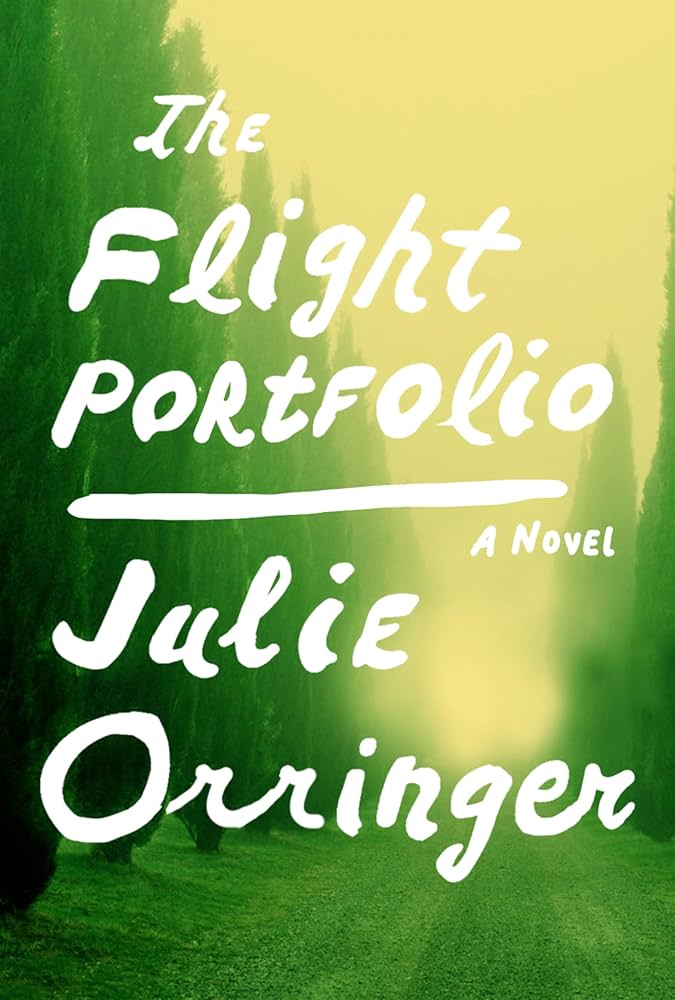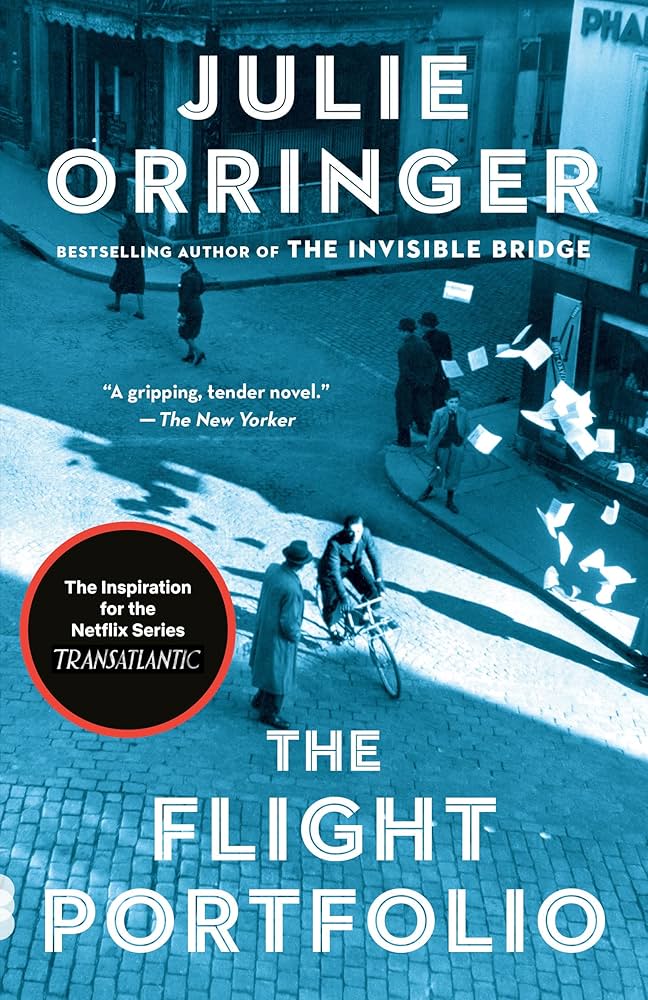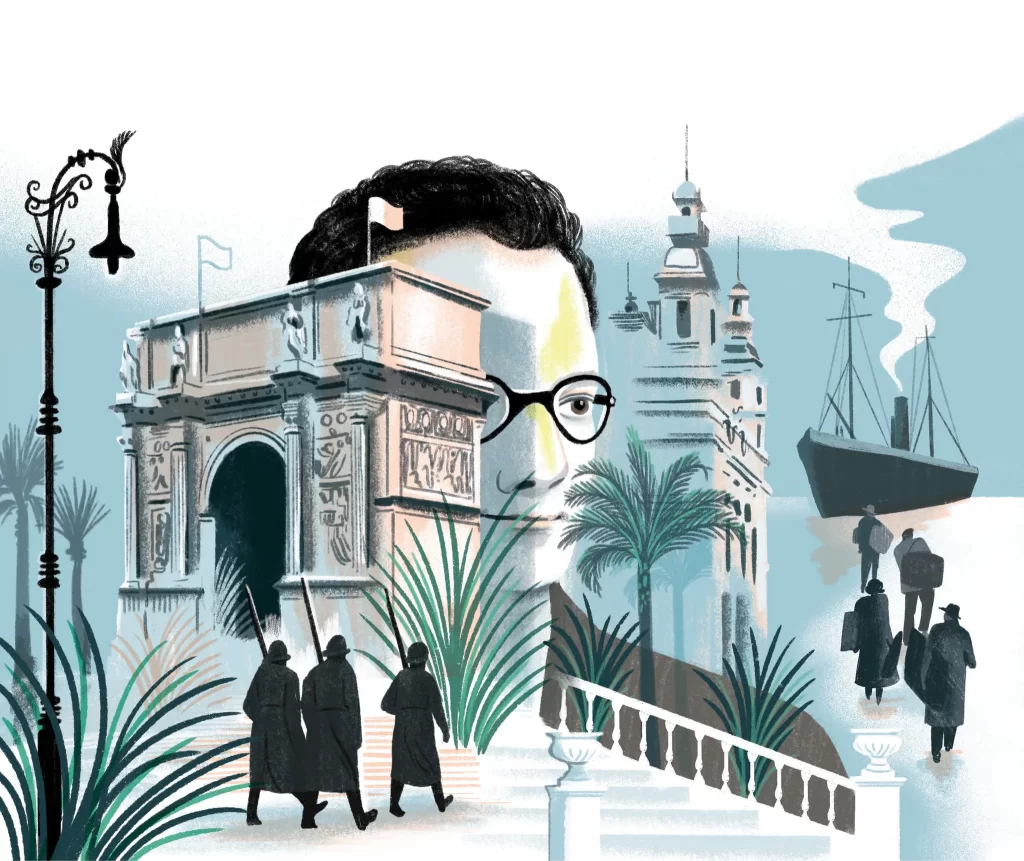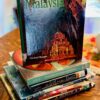

FIVE STAR READ!!!
I AGREE ONE HUNDRED PERCENT with this review:
By Na’amit Sturm Nagel – July 1, 2019
The Flight Portfolio reminds readers that despite the profusion of Holocaust literature, poetry and film, there are still stories from the margins of World War II that need to be told. Julie Orringer’s novel tells the tale of Varian Fry, a journalist and editor, who went to Marseilles, France, in 1941 as part of an organization called the Emergency Rescue Committee (ERC). His mission was finding the endangered intellectual and artistic lights of the world and smuggling them out of Europe to safety. Orringer delicately brings the true history of Fry and his organization to life, while also peppering the narrative with fictionalized characters to add dimensions and layers to some of the moral issues around the work of the ERC.
The book provides the excitement of watching Fry save the likes of Marc Chagall, Hannah Arendt and Andre Breton, among many others, but also forces the reader to think about the ethical complexities of deciding whose life is worth saving. Seeing the nooks and crannies of the streets, cafes and hotels of Marseilles in 1941, and meeting the luminaries of the literary and art world are undoubtedly highlights of this novel. Going to Chagall’s villa pre-war, for example, watching how he and his wife interacted and stepping into his studio, gives readers a window into the past and some of the most important people who shaped modern civilization. But these moments of lightness are then balanced by the serious problem with the ERC’s whole undertaking. As one character notes, “I know that what we’ve been doing is wrong. It doesn’t feel humanitarian. It feels the opposite. Inhumane.”
Much of the book is about holding on to humanity in the face of the scapegoating, racism and antisemitism. How do you keep the parts of your identity that you want to love, in a society so hateful? Orringer questions building identity in relation to race and sexuality that, sadly, still feel relevant. A central character struggles with having a black father and spends most of his life passing as white. Ironically, the bravery of those fighting antisemitism and trying to escape is what makes the character want to own their identity. This book is not just about fleeing from the Nazis, but also from your true self, and how people in any time in history can run away from their identities in pursuance of a personhood that feels more in-line with the mainstream.
One of the nicer surprises of the book is the beautiful relationship between two gay men. While the reader is held by the suspense of which characters will survive the war and escape Europe and which will not, they are even more captivated by whether this almost impossible relationship blossoming in the midst of concentration camps and air raids will survive, as well. The characters are robust and well-drawn, which allow the reader to care about and hope for their happiness. The investment in her characters as well as the rich detailed world Orringer paints, makes this exceptionally written novel difficult to put down.

MARSEILLE, 1940. Varian Fry, a Harvard-educated journalist and editor, arrives in France. Recognizing the darkness descending over Europe, he and a group of like-minded New Yorkers formed the Emergency Rescue Committee, helping artists and writers escape from the Nazis and immigrate to the United States.
Amid the chaos of World War II, and in defiance of restrictive U.S. immigration policies, Fry must procure false passports, secure visas, seek out escape routes through the Pyrenees and by sea, and make impossible decisions about who should be saved, all while under profound pressure—and in a state of irrevocable personal change.
In this dazzling work of historical fiction—one that illuminates previously unexplored elements of Fry’s story, and has, since its publication, brought us new insight into his life.
I adored this read and it will likely stay with me forever. One of the heroines Mary Jayne Gold is buried here in my town and I have loved researching her, and the research will be ongoing for quite a long time.


